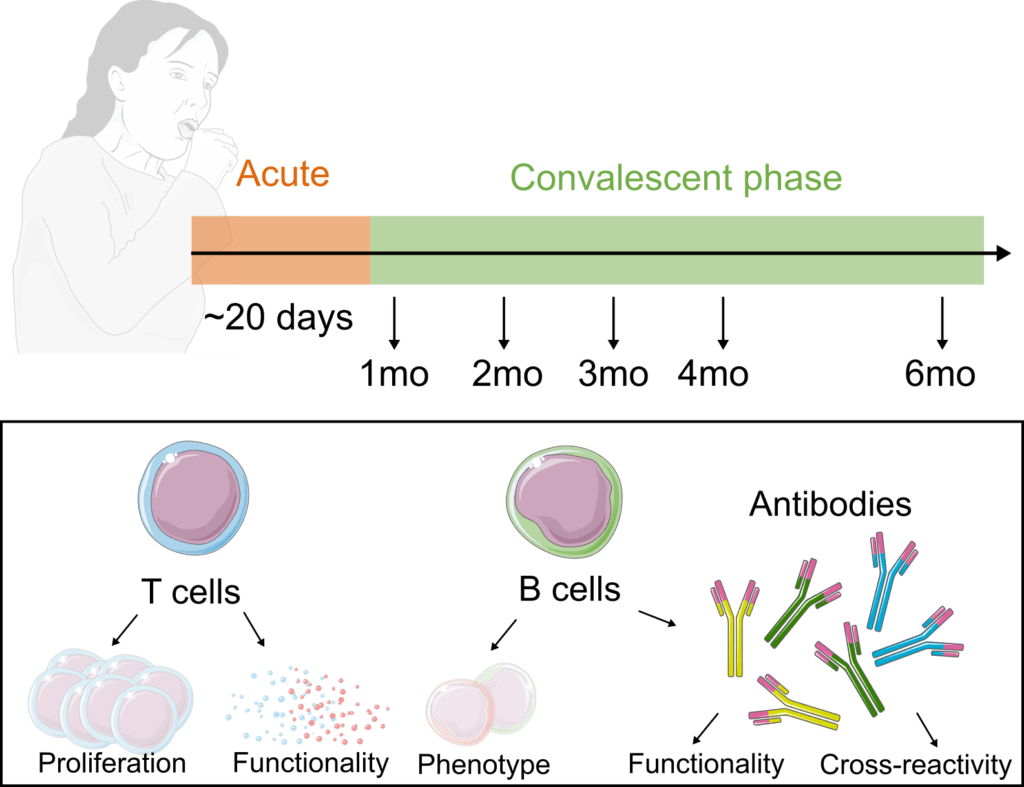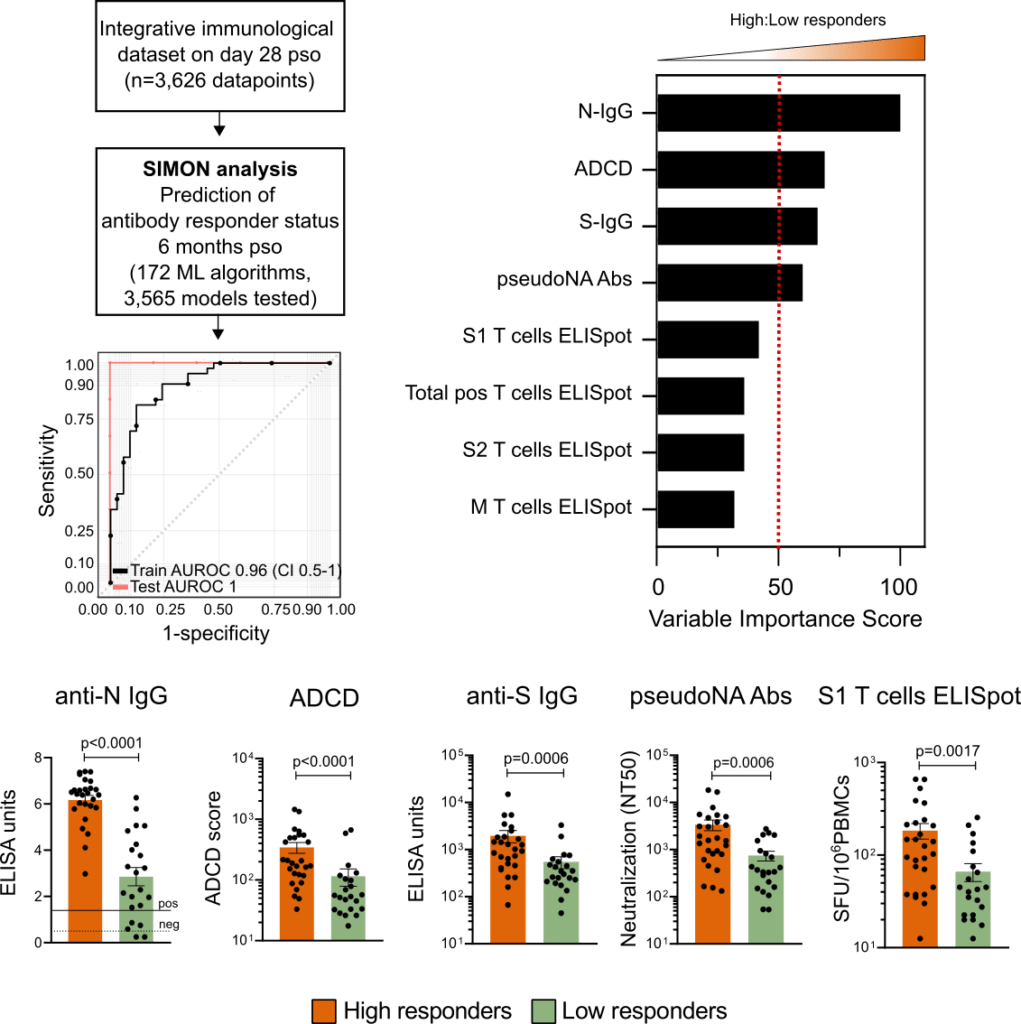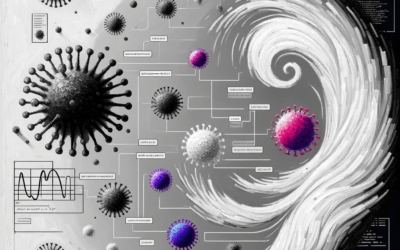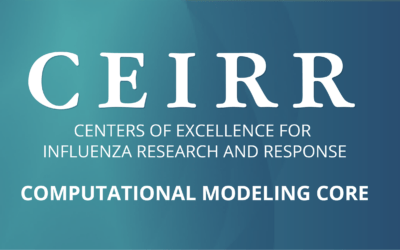The trajectories of acquired immunity to severe acute respiratory syndrome coronavirus 2 infection are not fully understood. We present a detailed longitudinal cohort study of healthcare workers with asymptomatic or symptomatic infection. We use integrative analysis and a machine-learning approach (SIMON – Sequential Iterative Modeling OverNight) to explore the heterogeneity of immune responses. We identify a subgroup of participants with a robust trajectory for longer term immunity. These variable trajectories following early priming may define subsequent protection from the severe disease from novel variants.

We followed a cohort of 78 healthcare workers in detail at 5-6 time points each over a six-month period before vaccines were available, and used a machine learning approach to predict response 6 months after infection.
We looked at important questions such as if natural infection provides protection against variants of concern and if there is any correlation between the severity of your symptoms and your long-term immunity.

Using SIMON, we identified an early immune signature associated with durable and protective immunity against SARS-CoV-2. Both, cellular and humoral immune responses mounted one month after infection were identified to be important for the maintenance of immunity 6 months after infection. Moreover, those individuals were also better able to neutralize both the Victoria strain, and alpha and beta variants of concerns. On the other hand, those that were identified as low responders showed a reduction in the capacity to neutralize the Victoria strain, with a severe loss of neutralization against both VOC.
All the data in this paper combined tell us that immune events primed during early SARS-CoV-2 infection may define the subsequent trajectories leading to the effective maintenance or loss of long-term T and B cell immune memory. Importantly, maintenance of immune memory over time is critically required for effective neutralization of variants of concern.



